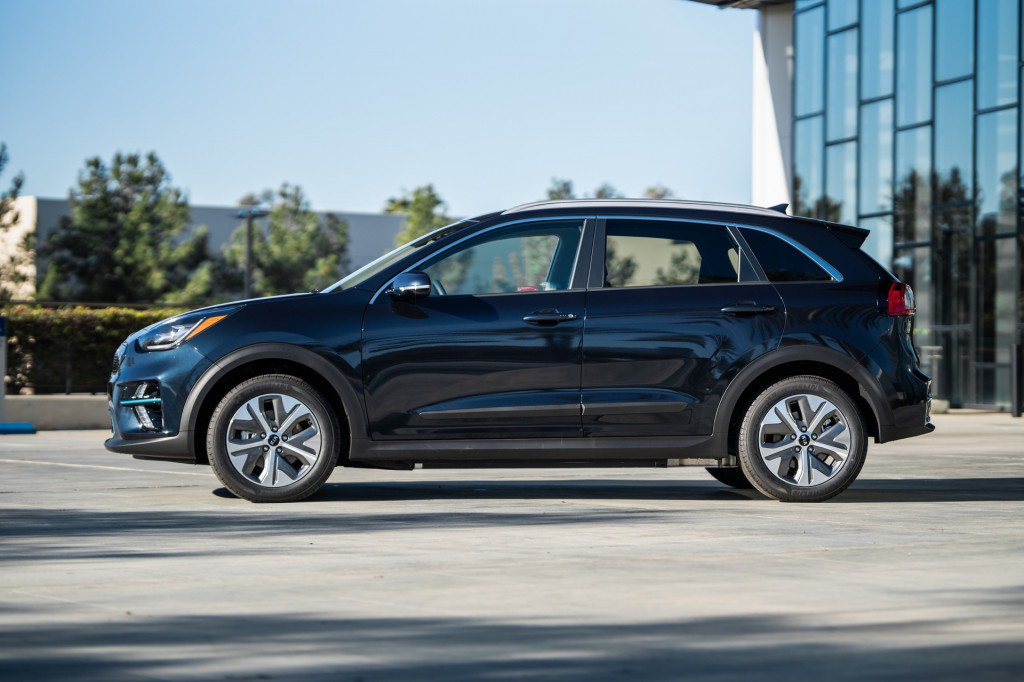The ride-hailing operator Lyft last Thursday launched a program that makes 200 fully electric vehicles available to its drivers in the Denver market.
The entire lot of vehicles consists of the Kia Niro EV—a vehicle model that has an EPA-rated 239-mile range and isn’t yet available in Colorado.
Lyft plans to make the vehicles available to its drivers via its Express Drive rental program, which operates by the tagline “your make-it-happen rental car.” In the program, which is offered in many U.S. major-metro areas—via partnerships with Avis Budget Group, Flexdrive, and Hertz—drivers rent vehicles for 7-day periods under the condition they complete 20 rides every 7 days.
Vehicle cost is a barrier for electric-vehicle adoption, according to Lyft. The program also might help with vehicle-affordability issues for ride-hailing drivers in general. The Niro EV starts at $230 a week in the Lyft program, including insurance and roadside assistance.
Lyft claims that the move is the single largest deployment of electric vehicles so far in Colorado, and it’s the first time Lyft has made such an EV fleet available to its drivers.

2019 Kia Niro EV
The company said that its program "provides convenient access to fast charging," and invited partners to join them in "Incentivizing, and mitigating barriers to, the deployment of charging infrastructure."
When Green Car Reports asked the company how it will subsidize charging, it sent us the following statement from Cal Lankton, Lyft's VP of fleet and global operations: “It’s because of Colorado, Governor Polis and his administration, and state legislative leaders’ forward-thinking policies that we’re able to bring on electric vehicles at scale. This type of partnership will encourage Lyft and others to continue investing in electric vehicles, and support infrastructure in Colorado.”
If companies remain somewhat noncommittal, they're likely to become much more invested in all stages of the Colorado electric-car ecosystem soon. The state opted earlier this year to adopt an alternate Zero Emission Vehicle (ZEV) rule that doesn’t actually go into effect until 2023. That’s when EVs and plug-in hybrids combined will need to make up 4.9 percent of the vehicles sold in the state, with the percentage rising to 6.1 percent in 2030.
As the Colorado Sun points out, automakers won’t yet see any credit in the regulation for this deployment. The proposal adopted in Colorado in August incentivizes automakers—with the potential to bank future credits—to start bringing more electric cars to Colorado starting in January 2020.













